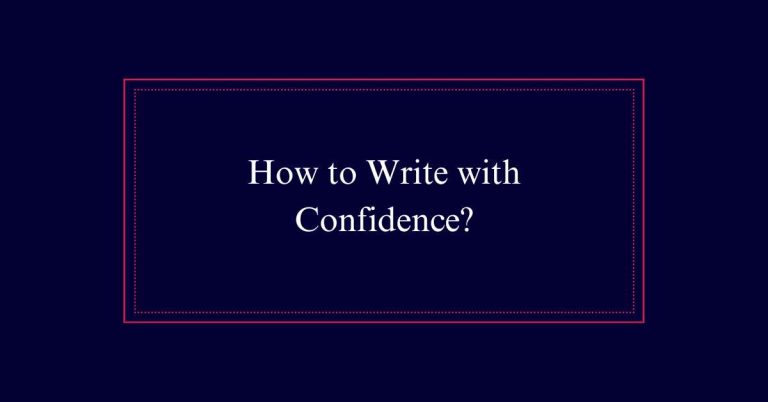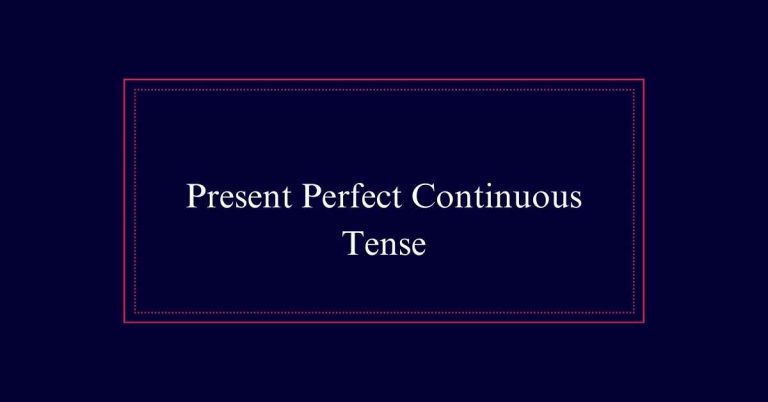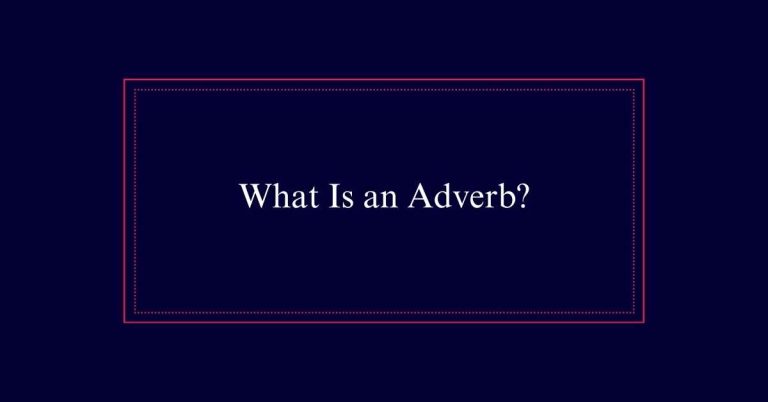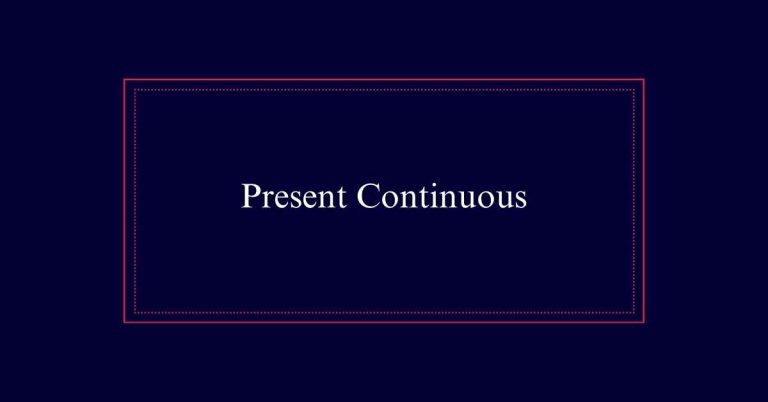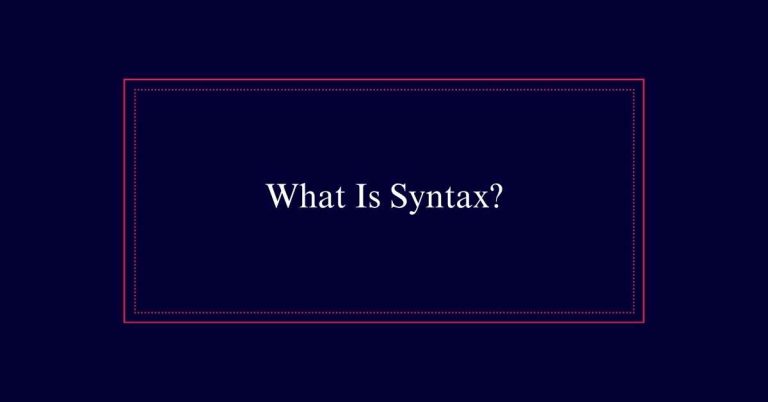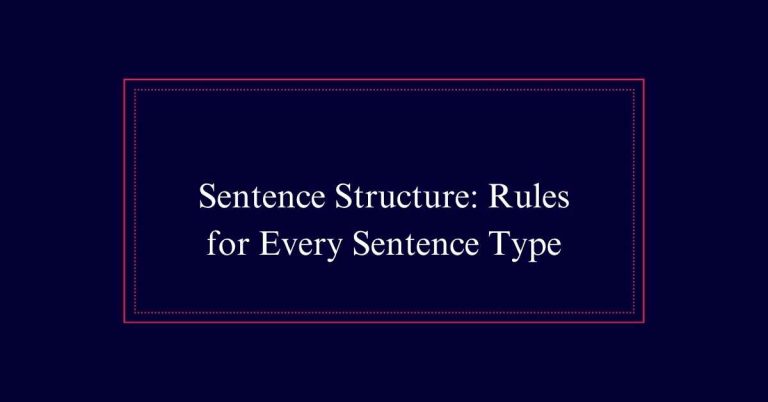Future Perfect
The future perfect tense is used to indicate actions completed before a specific future point. It follows the formula ‘will have’ plus a past participle, regardless of whether the subject is singular or plural. For example, “She will have finished the report” or “They will have completed the project.” It’s ideal for actions with future deadlines and clarifying sequences of events. For negative forms, insert ‘not’ between ‘will’ and ‘have’: “She will not have finished.” In questions, place ‘will’ before the subject: “Will you have completed your work by next week?”
The Future Perfect Formula
The future perfect formula is ‘will have’ followed by the past participle. This formula remains constant for both singular and plural subjects.
For example, ‘She will have finished the report’ or ‘They will have completed the project.’ The structure is straightforward, making it easy to construct sentences in the future perfect tense.
This tense is used to indicate actions that will be completed before a specific point in the future. The simplicity of the formula guarantees clarity and precision in communication.
When to Use
Mastering when to use the future perfect tense is key to perfecting its application in communication. This tense indicates actions completed before a specific future point. Its clarity helps in distinguishing sequences of events without relying on prepositions.
Here are scenarios to use the future perfect tense:
- By a deadline:
‘She will have finished the project by Friday.’
- Clarifying sequences:
‘By the time you arrive, I will have left.’
- Before another future event:
They will have graduated before the new term starts.
- With prepositional phrases:
‘At midnight, we will have completed the task.’
When Not to Use
Reserving the future perfect tense for actions with a future deadline guarantees accurate communication. Use the simple future tense when no specific deadline is mentioned.
The future perfect tense is not suitable for ongoing or indefinite actions. Instead, it should be employed only when the action will be completed by a precise or implied future point.
For example, saying ‘I will have finished the report by Monday’ is correct, but ‘I will have working on the report’ is not. The future perfect helps in clearly defining the completion of actions.
Avoid using it in contexts where the action’s end time isn’t essential. This ensures clarity and prevents confusion in communication.
Making Negative Sentences
To form negative sentences in the future perfect tense, insert ‘not’ between ‘will’ and ‘have’. This structure allows for clear and concise statements about actions that will not be completed by a specific future time.
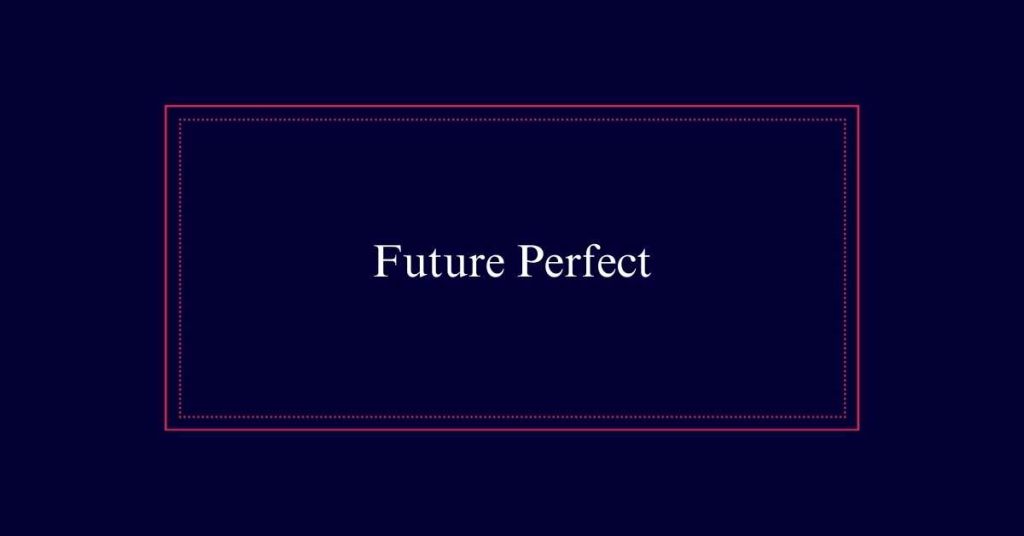
For example, ‘She will not have finished the project by next week.’
You can also use the contraction ‘won’t’ for a more conversational tone:
‘She won’t have finished the project by next week.’
Key points to keep in mind:
- Insert ‘not’ between ‘will’ and ‘have’.
- Use ‘won’t’ as a contraction for ‘will not’.
- Maintain the past participle form of the main verb.
- Make sure the sentence clearly indicates the action’s non-completion by a future time.
Asking Questions
Forming questions in the future perfect tense involves placing ‘will’ before the subject and ‘have’ after the subject. This structure helps inquire about actions that will be completed before a specific future time.
For instance, to ask if someone will have finished their work by next week, you would say, ‘Will you have finished your work by next week?’ This straightforward formula guarantees clarity. It is useful in various contexts, such as project deadlines or event planning.
Prepositional Phrases
Prepositional phrases play an essential role in providing context for actions completed in the future perfect tense. They help specify the timing and sequence of events. Using prepositional phrases clarifies when an action will be completed by or before a certain point in the future.
Common prepositional phrases include:
- ‘By this time next week’: Indicates completion before a week from now.
- ‘At midnight’: Specifies an action finished before midnight.
- ‘By the end of the month’: Denotes an action completed before the month ends.
- ‘By the time you arrive’: Highlights completion before someone’s arrival.
Common Regular Verbs
Understanding common regular verbs and their future perfect forms is essential for constructing accurate and clear sentences.
Regular verbs follow a predictable pattern in the future perfect tense, which is formed using ‘will have’ followed by the past participle.
For example, with the verbs ‘ask,’ ‘work,’ ‘call,’ ‘use,’ and ‘finish,’ the future perfect forms are ‘will have asked,’ ‘will have worked,’ ‘will have called,’ ‘will have used,’ and ‘will have finished,’ respectively.
This consistent structure helps in effectively communicating actions that will be completed before a specific future point.
Irregular Verbs
Irregular verbs in the future perfect tense exhibit unique conjugation patterns that differ from regular verbs. While regular verbs consistently follow the formula ‘will have + [past participle],’ irregular verbs do not. This can make mastering them more challenging.
Here are a few examples of common irregular verbs in the future perfect tense:
- Been: By the time she arrives, she will have been here.
- Done: They will have done their homework by dinner.
- gone: He will have gone to work by 8 a.m.
- Said: She will have said her speech by then.
Clarifying Sequences
Mastering irregular verbs is just the beginning; the future perfect tense also excels in clarifying sequences of events. This tense is ideal for specifying actions completed before a future event, eliminating confusion about when things will happen. For instance, using “will have” indicates completion and provides a clear timeline.
Here is a table to illustrate:
| Sentence | Action Completion | Future Event |
|---|---|---|
| She will have finished her work. | Finished work | Before 5 PM |
| They will have left the building. | Left the building | Before the meeting |
| He will have read the report. | Read the report | By Monday |
| We will have eaten dinner. | Eaten dinner | Before 8 PM |
| You will have written the email. | Written the email | By tomorrow |
Specific Time Frames
In the future perfect tense, specific time frames are essential for indicating when an action will be completed. This tense clarifies when an event will finish before a particular future moment.
Using time frames correctly makes your sentences clear and precise. Key phrases often used with the future perfect tense include:
- By this time next year: Indicates a specific period one year from now.
- At midnight: Specifies an exact time when the action will be completed.
- Before the meeting starts: Sets a clear deadline before another event.
- By the end of the month: Denotes completion by the last day of the month.
These phrases provide context, ensuring the reader understands the timing of completed actions relative to future events.
Frequently Asked Questions
How Does the Future Perfect Tense Enhance Narrative Storytelling?
The future perfect tense enhances narrative storytelling by clearly indicating actions completed before a future event. This clarity helps readers understand the sequence of events, adding depth and precision to the narrative structure.
Can Future Perfect Tense Be Used in Passive Voice?
Yes, the future perfect tense can be used in passive voice. The structure is “will have been” followed by the past participle. For example, “The report will have been completed by tomorrow.”
How Does Future Perfect Tense Differ Across Various Languages?
The future perfect tense varies across languages in structure and usage. Some languages use auxiliary verbs and past participles, while others might have unique conjugations or lack a direct equivalent, affecting clarity and expression.
Are There Any Common Mistakes to Avoid With Future Perfect Tense?
Common mistakes in the future perfect tense include confusing it with the simple future, incorrect past participle use, and omitting time references. Ensuring clarity in deadlines and proper verb forms will help avoid these errors.
What Role Does Future Perfect Tense Play in Professional Writing?
Future perfect tense enhances clarity in professional writing by specifying actions completed before a future point. It guarantees precise timelines and avoids ambiguity, making it easier to convey planned outcomes and deadlines effectively.

